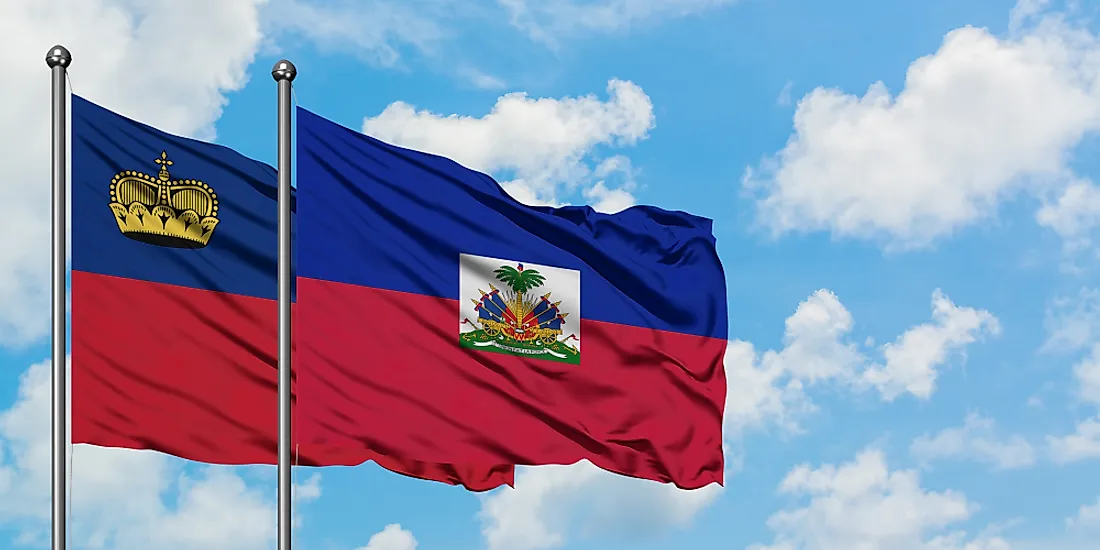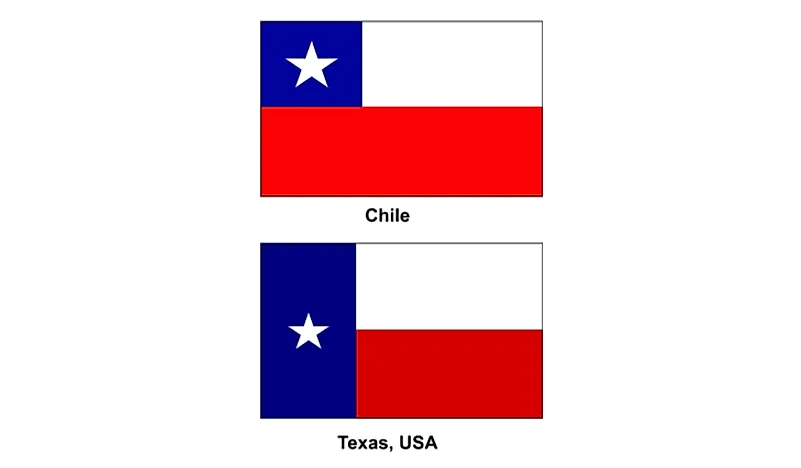Croatia is a parliamentary, representative democratic republic. The prime minister is the head of government while the president is the head of state, commander-in-chief and the country's representative in internal and external matters. The executive power is exercised by the executive arm of the government. The Croatian Parliament adopted the current constitution on December 22, 1990 before declaring independence from Yugoslavia on June 25, 1991.
The president of Croatia is elected by popular vote. The constitution stipulates that a candidate must garner more than 50% of the votes. The president is elected to a five-year term renewable once. The first round of elections was held on December 28, 2014, and a rerun was conducted on January 11, 2015 after no candidate garnered more than 50% of the votes. The prime minister is nominated by the president and approved by parliament.
The Croatian parliament building is located in St. Mark's Square in the country’s capital Zagreb. The Square also houses the Constitutional Court of Croatia. The current building was designed by Lav Kalda and Karlo Susan and was completed in 1911. The Presidential Palace (Predsjednički dvori) in Zagreb is the official workplace of the Croatian President. The president does not live in the palace although the constitution describes the building as the official residence of the president.
Some of the active political parties include the Croatian Democratic Union, the Social Democratic Party of Croatia, the Bridge of Independent Lists, and the Croatian People's Party - Liberal Democrats.
This page was last modified on May 1st, 2018
More on Graphicmaps

Published on 2019-11-06
What is a Trade Embargo?

Published on 2019-11-04
Which Two Countries Used to Have the Same Flag?

Published on 2019-09-16
What Is the Only Two-Sided State Flag?

Published on 2019-09-16
Which Country Flag Looks Like the Texas Flag?

Published on 2019-08-29
Flags That Resemble the US Flag

Published on 2019-08-20
